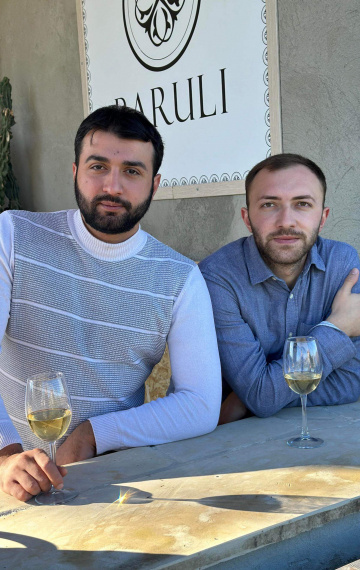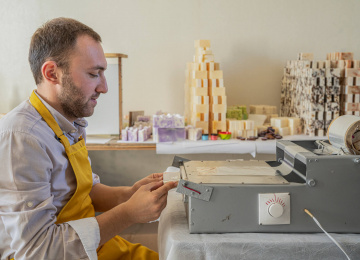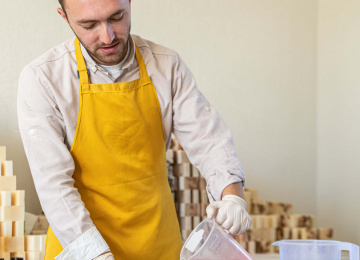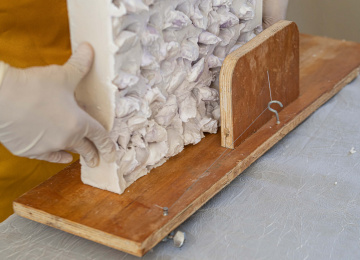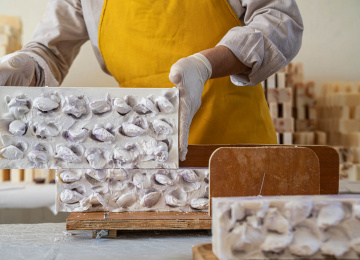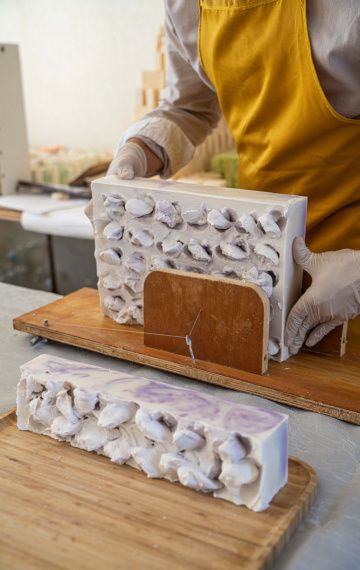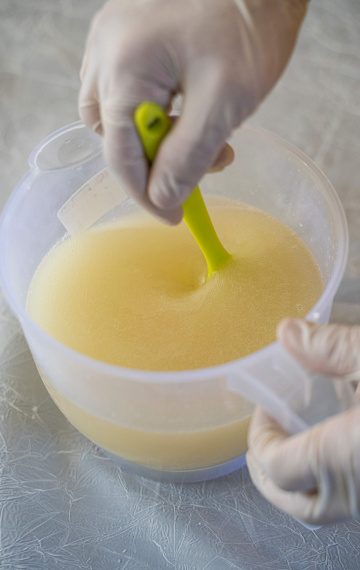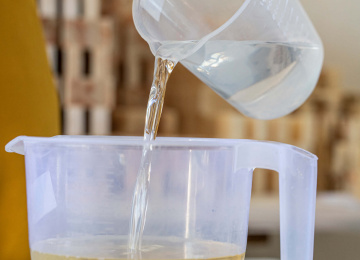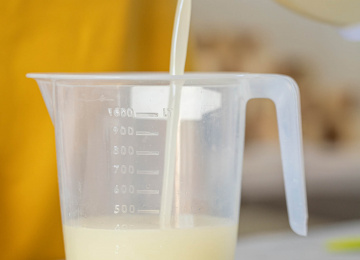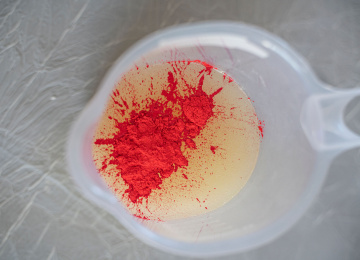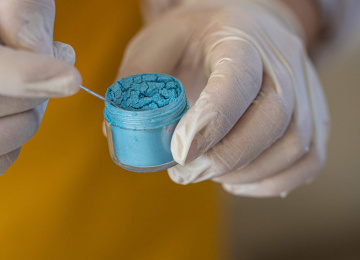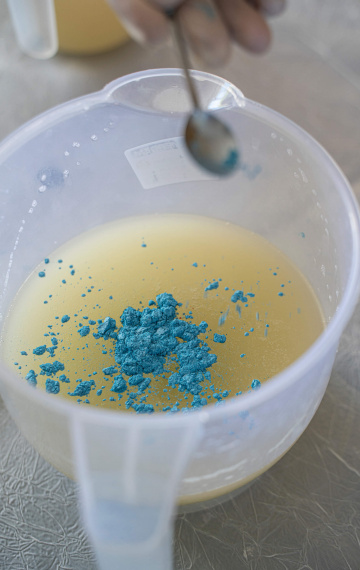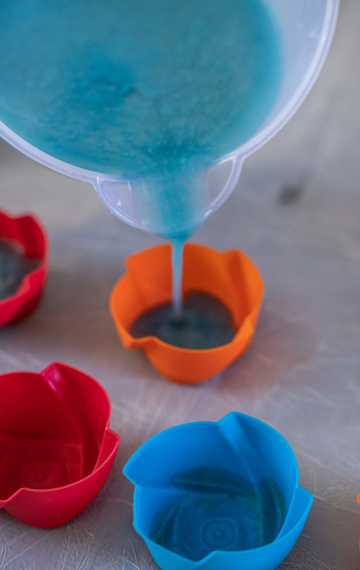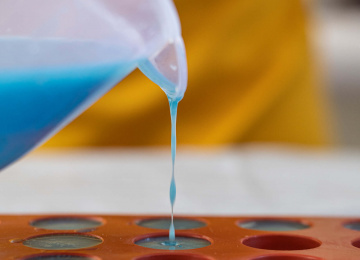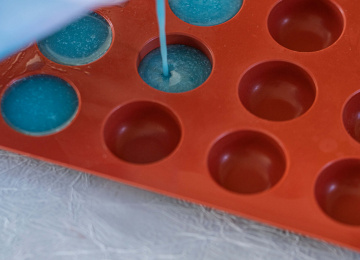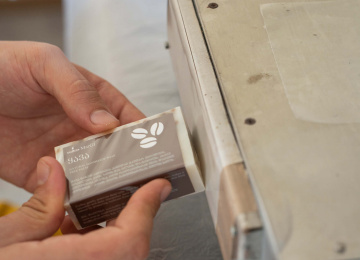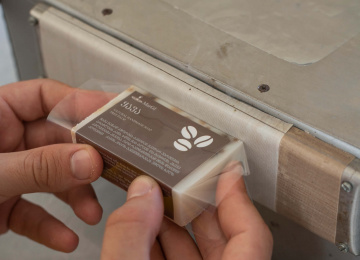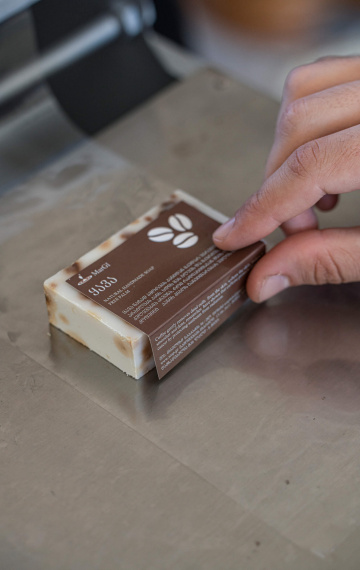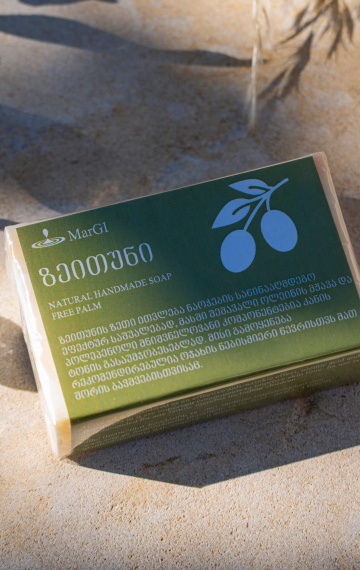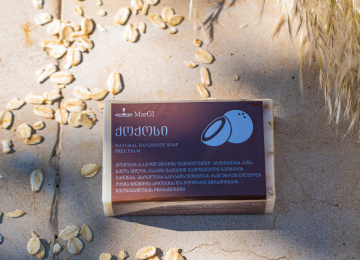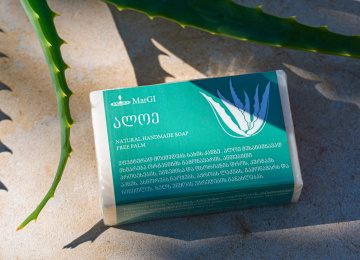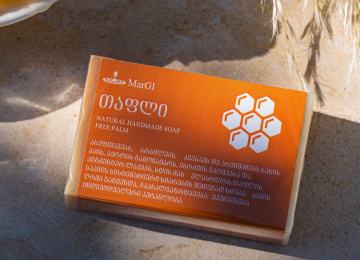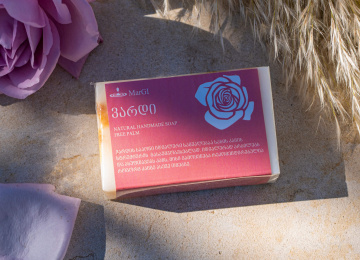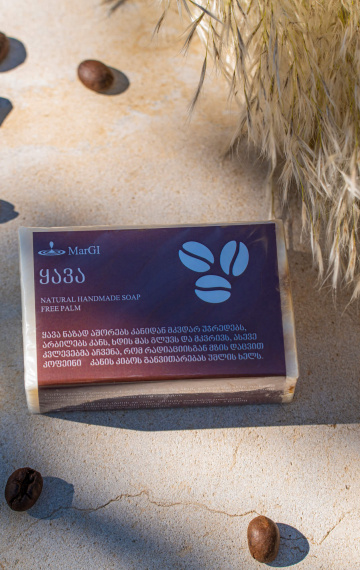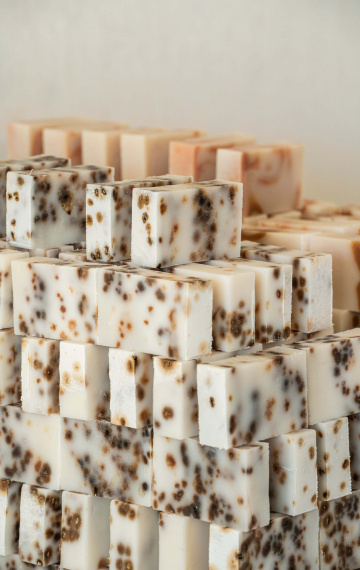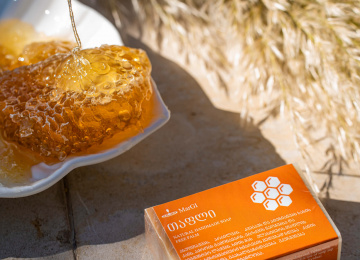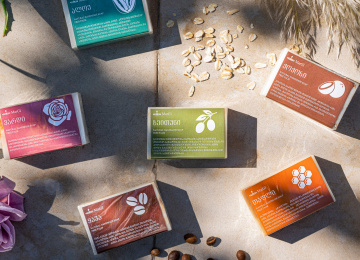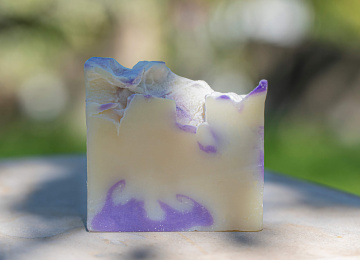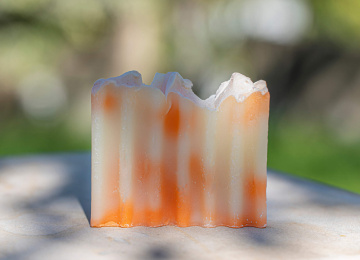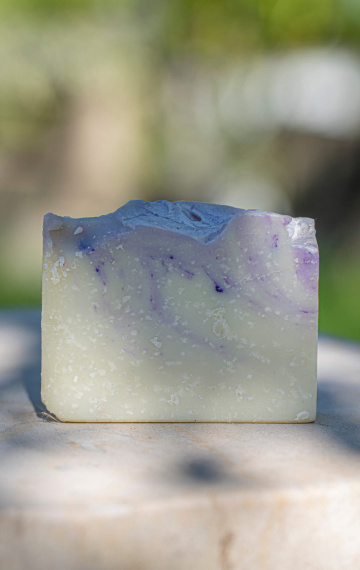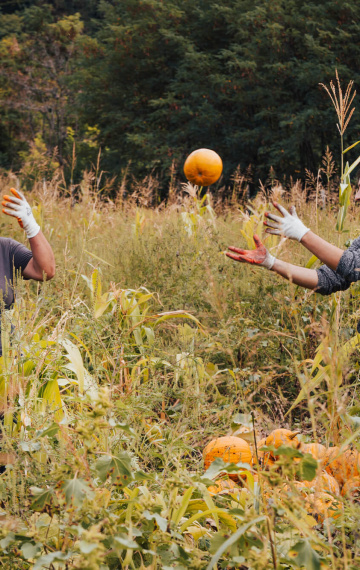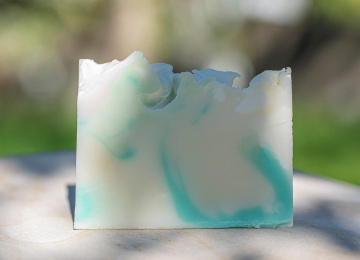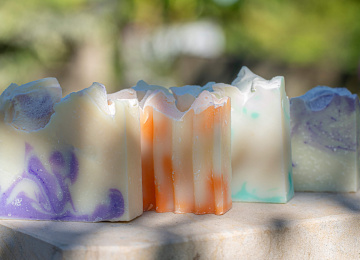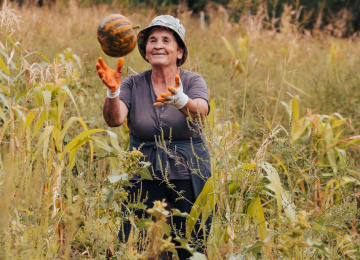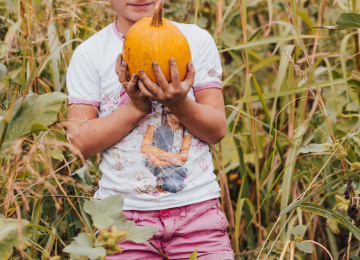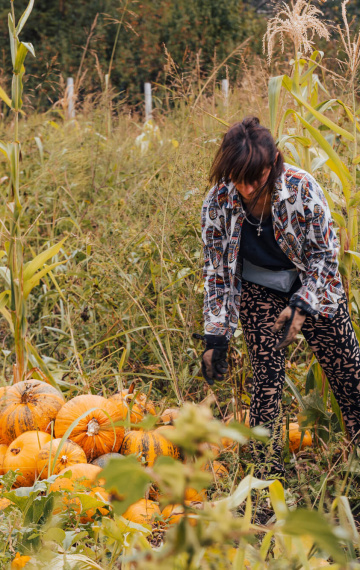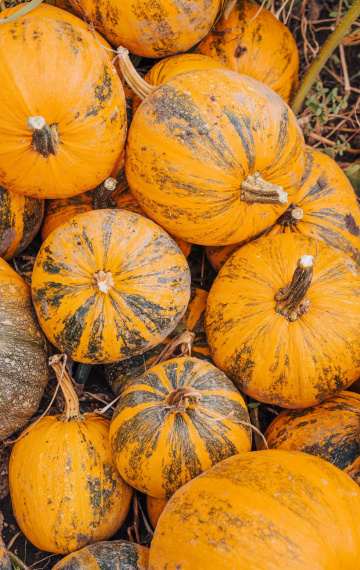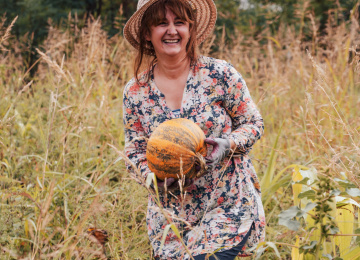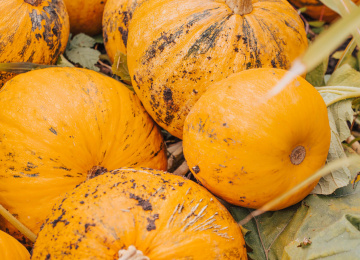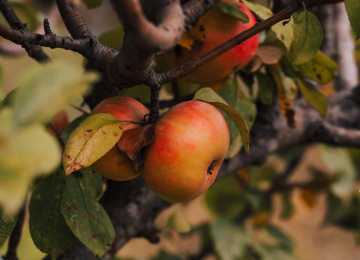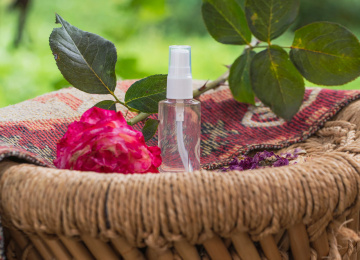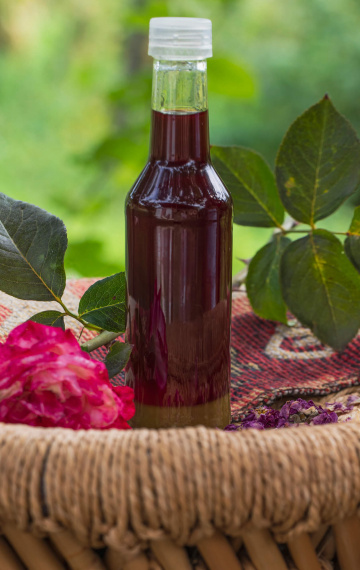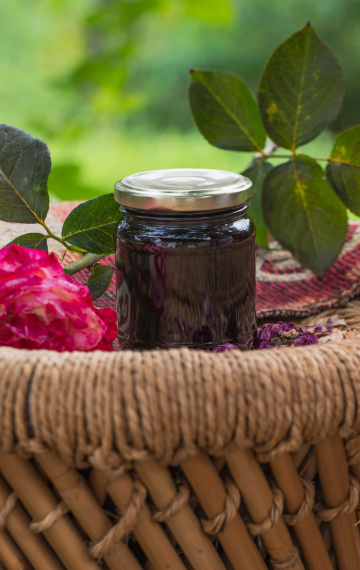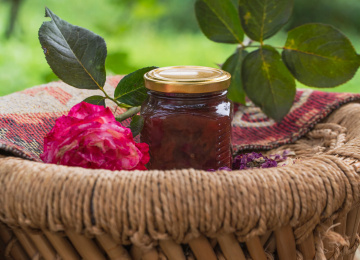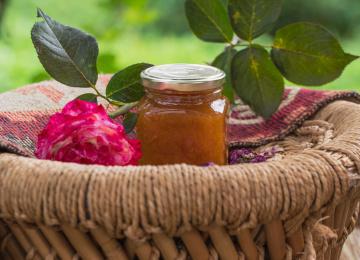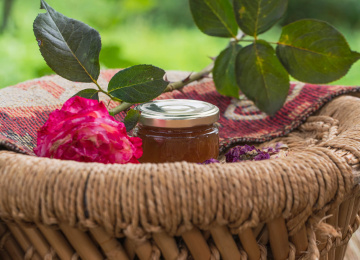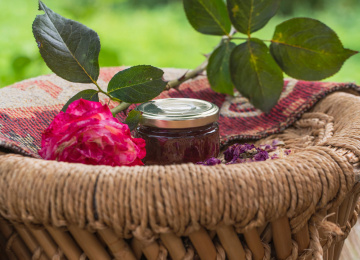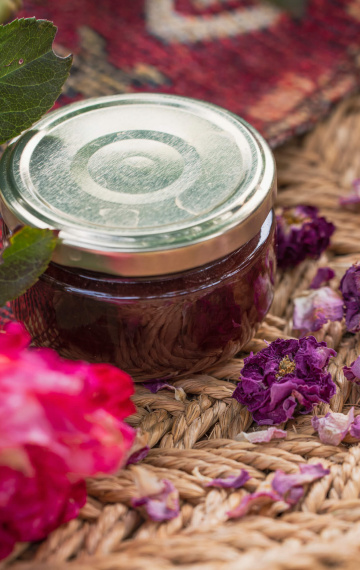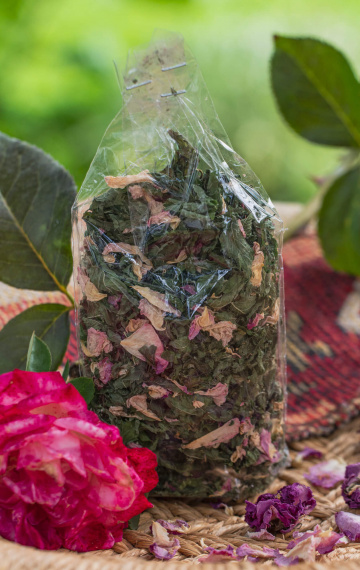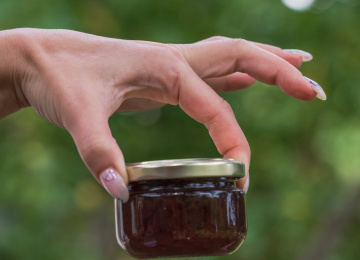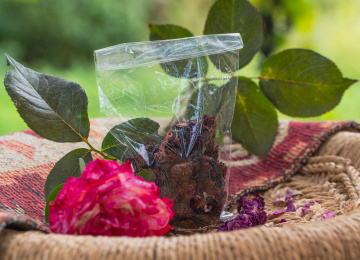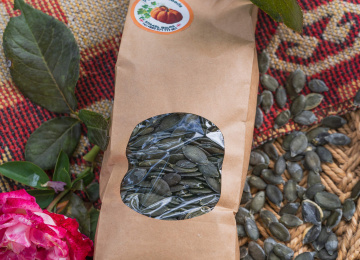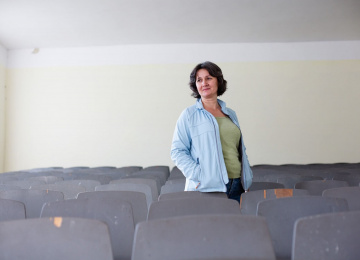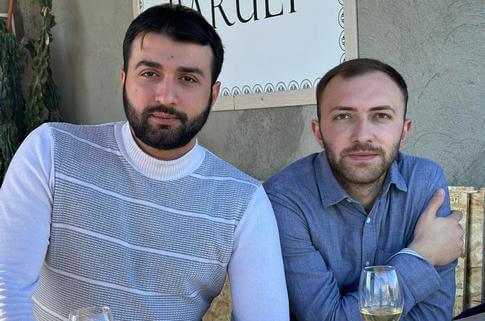
As the Georgian small business sector develops, some entrepreneurs are looking for ways to produce products unusual for the local market, such as wine soap and pumpkin seed oil. Once they set on a journey of leading a business, many discover that they lack not only the necessary equipment but market connections and experience.
At this critical juncture, Clusters4Development project funded by the EU and the German Government under EU4Business Initiative offers them assistance in the form of business consultations and exchange programmes. With the support of EU4Business, industry clusters help SMEs team up with other businesses to become more competitive. In Georgia, the project promotes the creation of sustainable business clusters in the construction materials, textile, and tourism sectors. Within this initiative, two clusters in Imereti and Kakheti were established. Each cluster has its own manager and in coordination with program experts and international consultants, the project has supported many interventions in the area of cluster development as well as individual support to its members.
Georgian entrepreneurs develop soap tourism with EU support
For Levan Lomtadze and Lasha Lomidze, the story they’d heard from a friend’s grandmother has led to a successful business. Two best friends would listen to tales from the Soviet Union on how difficult it was to buy a product that’s so easily accessible today – soap. As a solution, people would use different ingredients to make their own soaps. It took an old Soviet story and a deep dive into world literature for Lomtadze and Lomidze to start the Soap House.
Once they discovered that handmade soaps were healthier alternatives to mass-manufactured products, two then 19-year-old best friends left their careers in law and business and started their own journey about six years ago. The company’s new name, Soap House (previously Margi), indicates that in fact, it all started in their home in the village of Sakara, Imereti, western Georgia.
“We decided to start a soap business at an early age, without much knowledge or experience. And it made everything very hard. We spent over a year and a half just learning how to make soap. Then we learned how to make soap that’s good for your skin,” explains Lomtadze.
“It was the time of lots of anxiety, experiments, and self-improvement. For long, we couldn’t get the product we wanted, in terms of shape, texture, or health benefits,” says Lomidze, noting they were reading many books on soap science and talking to elderly people who lived through the Soviet times to find the perfect recipe. And it paid off.
With dedication and hard work, the two friends and business partners perfected the soap-making process. The next step was to start selling in Georgian pharmacies, and here Lomtadze and Lomidze encountered another major challenge.
“Many pharmacies refused to take our products, which I understand – we didn’t have a name, reputation, or trust of customers. One of the companies agreed to test selling our soap for three months in their 15 pharmacies,” says Lomidze. Lomtadze added that 15 quickly turned into 60 and now their products are on the shelves of GPC and Pharmadepot pharmacies across the country.
The company uses coconut oil in combination with different fats to produce high-quality products free from harmful components. The only chemical they use is caustic soda in limited amounts, and that’s necessary for making any soap. Lomtadze and Lomidze proudly say that they have not received negative feedback so far, considering they sell over 2,000-3,000 soaps a month in pharmacies, in addition to individual sales from the website and social media.
“For a long time, we worked on pure enthusiasm and motivation and often were on the verge of giving up. The fact that people loved our products pushed us to work harder. And here we are,” says Lomidze, noting the company continues to grow.
Just as the Soap House climbed to the top, the founders met with the program experts of GIZ and joined the Imereti Cluster – created under the Clusters4Development project, funded by the EU and the German Government, as part of its EU4Business Initiative. With that decision came a new beginning.
“With business advice, Cluster helped us turn this business into local tourism,” Lomidze says.
Soap tourism is fairly new for Georgia compared to countries like France or Netherlands. There are only a few entrepreneurs working in this sector, but all of them live in Eastern Georgia.
“We saw an opportunity to not only have a product but also enter the service sector,” Lomtadze adds, saying that through Cluster support, they expanded the network and met with many people interested in buying the soap, such as hotel owners.
With a clear goal in mind, the two friends decided to build a traditional western Georgian house where guests could observe how soap was made and, along the way, participate in the process. The soap-making workshop could be combined with wine-tasting since Lomidze is also a winemaker.
“It would be a very authentic experience that anyone interested in soap-making and Georgian traditions would enjoy,” Lasha Lomidze concludes.
The two friends also plan to create a wine soap that could easily become Georgia’s signature product for years to come.
One village, one entrepreneur, and one goal – more pumpkin oil for the Georgian market
One day, as the team of Clusters4Development knocked on Natalia Mamagulishvili’s door, they stepped into the yard filled with tons of pumpkins. When Mamagulishvili told them she harvested all of it alone and was going to make pumpkin seed oil, the team knew she was the next member of the Kakheti Cluster.
In Natalia Mamagulishvili’s life, everything usually starts in a simple way and with a human-focused approach. Such a simple passion for plants and life in the village has finally turned into a successful business, although it has never been her plan.
Mamagulishvili started growing roses without any experience more than eight years ago, and since then has spent many hours working alone, completely lost in the world of plants.
“Working on the soil and taking care of roses brought harmony in my life,” she explains. “I would go from the city to a small village where I had a garden, often stay in a tent and work for hours. When people asked me where this hobby of mine was going, I had no answer. I couldn’t imagine non-decorative roses and business together,” she says, noting her harvest increased year by year.
Life took a different span when Mamagulishvili decided to invite local women to join her.
Argokhi is a small village in the Kakheti region, eastern Georgia, with a population of up to 200 and not much to do in terms of business, culture, or entertainment. Intending to empower women and create more opportunities for locals, Mamagulishvili and several others started Rose House – a social, environmental, and cultural project.
“We all love the process of working and creating together,” Mamagulishvili explains, saying at least 15 women help her with growing roses. Together they make and sell different products, including outstanding jams, preserves, teas, and dried rose pebbles.
Being a creative and dynamic person, Mamagulishvili has always been seeking a space that would allow to explore her limits and capabilities as a creator. Indeed, Rose House was a perfect match. Here her search for innovation brought her to the idea of making pumpkin seed oil – a fairly new product for the Georgian agricultural market.
“I took over 1 hectare of land on a lease and started to work alone, not knowing where it would take me,” she says. „I plowed the land alone, sowed alone, cultivated and harvested over 15-17 tones of pumpkins.”
For days Mamagulishvili would cut those pumpkins, take out the seeds, wash them thoroughly and place them on shelves to dry in a 25-square-foot room with a wood stove. Luckily, she found support to buy special equipment for making the seed oil.
“You know how it happens, you start working, and things come along. I was the happiest woman on earth because I could finally make the oil. Seeing oil drip out of the machine is such an emotional moment for me because it requires immense work,” she confesses.
Cold-distilled pumpkin seed oil consists of many vitamins and not only boosts the immunity system but is used for treating hair loss, skin diseases, high cholesterol, etc. Its many health benefits made the product very popular in the village of Argokhi – something that came as a surprise for Mamagulishvili.
“Once some people tested the product, they spread the word, and the demand quickly increased,” she says, noting locals bought over 50kg of oil in total last year.
But that might change soon. Membership in the Kakheti Cluster, supported by EU4Business and implemented by GIZ, has helped Mamagulishvili expand the network beyond her village, meet with other small business owners and form meaningful relationships through exchange programmes.
“One of the cluster activities was a regional exchange, where different clusters from regions of Imereti and Kakheti met each other. When SMEs from Imereti Cluster visited us, I was surprised at how much product they bought from me, including rose jam and pumpkin seed oil,” she says, expecting these connections will increase her sales in the long run.
“The Clusters4Development project is helping me in finding out what I need and how to develop my business, in terms of branding and marketing. The goal is to increase awareness about Rose House and place our products in markets across Georgia.”
In fact, the goal is not that far. Mamagulishvili says her rose harvest is enough to supply demand beyond her village. Thanks to her, many local farmers have become interested in growing pumpkins and producing oil, which could lead to more business opportunities in the region.
“At first people thought I was making a mistake by harvesting pumpkins for oil. But then they observed my work for years and have seen the true potential of this product. Now many ask me for advice. It’s still new for the Georgian market, but the demand is on the rise.”

